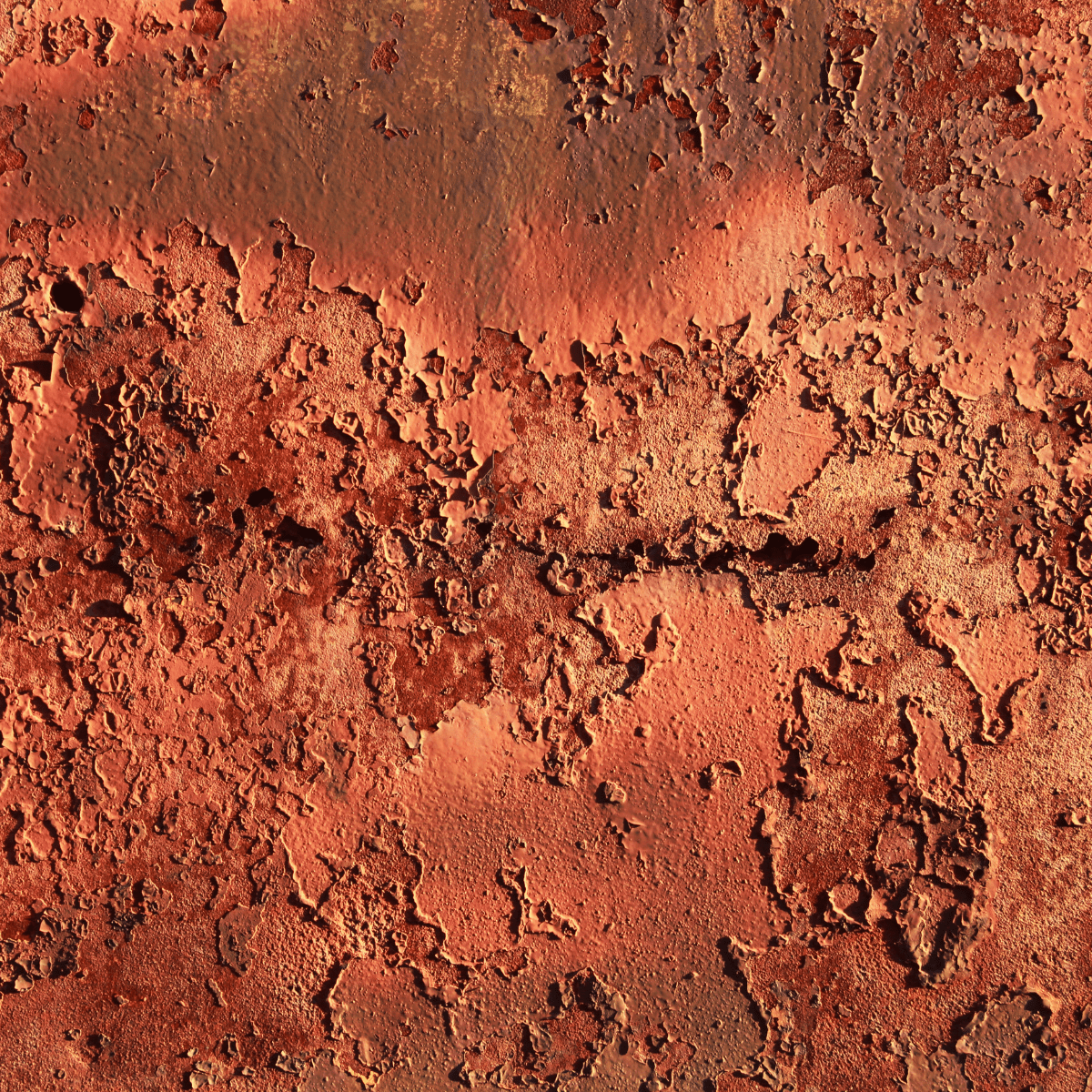How Do I Prevent Corrosion In My Water Systems?
Corrosion is the gradual destruction of a material by chemical or electrochemical reaction with its environment. In water systems, corrosion can occur in pipes, valves, and other components. It can lead to leaks, blockages, and other problems that can disrupt water service and cause costly repairs.
There are a number of things you can do to prevent corrosion in your water systems:
- Choose the right materials. Not all materials are created equal when it comes to corrosion resistance. For example, copper and stainless steel are much more resistant to corrosion than iron or galvanized steel. When possible, choose materials that are known for their corrosion resistance for your water systems.
- Maintain a proper pH level. The pH level of water is a measure of its acidity or alkalinity. A neutral pH level is 7, while a pH level below 7 is acidic and a pH level above 7 is alkaline. The ideal pH level for water systems is between 6.5 and 8.5. If the pH level is too low or too high, it can increase the risk of corrosion.
- Add corrosion inhibitors. Corrosion inhibitors are chemicals that can be added to water to help protect against corrosion. There are a variety of different corrosion inhibitors available, so you can choose one that is specifically designed for your water system.
- Flush your pipes regularly. Flushing your pipes helps to remove any sediment or other debris that can build up and cause corrosion. You should flush your pipes at least once a year, but more often if you live in an area with hard water.
- Inspect your pipes regularly. Inspect your pipes for signs of corrosion, such as leaks, rust, or discolored water. If you see any signs of corrosion, it is important to have the problem repaired as soon as possible to prevent further damage.
By following these tips, you can help to prevent corrosion in your water systems and keep your water safe and reliable.
Here are some additional tips to help prevent corrosion in your water systems:
- Use a water softener. A water softener can help to remove some of the minerals that can contribute to corrosion.
- Install a corrosion control system. A corrosion control system can add chemicals or other treatments to your water to help protect against corrosion.
- Keep your water temperature low. Hot water is more corrosive than cold water, so it is important to keep your water temperature as low as possible.
- Avoid using harsh chemicals. Harsh chemicals, such as bleach, can damage pipes and contribute to corrosion.
- Have your water tested regularly. Having your water tested regularly can help you to identify any problems with your water quality, such as high levels of acidity or alkalinity, that could lead to corrosion.
By following these tips, you can help to keep your water systems corrosion-free and ensure that your water is safe and reliable.

